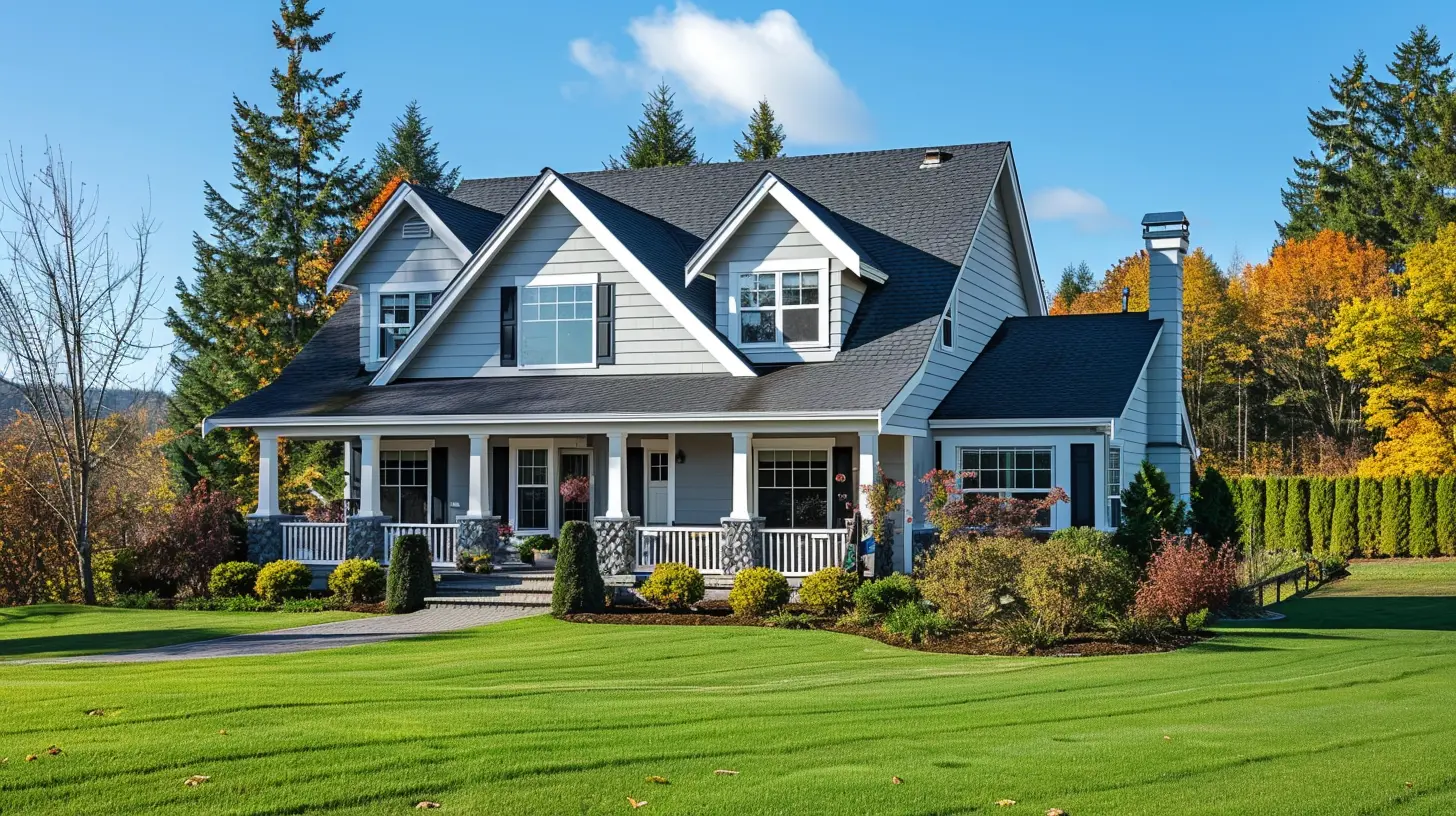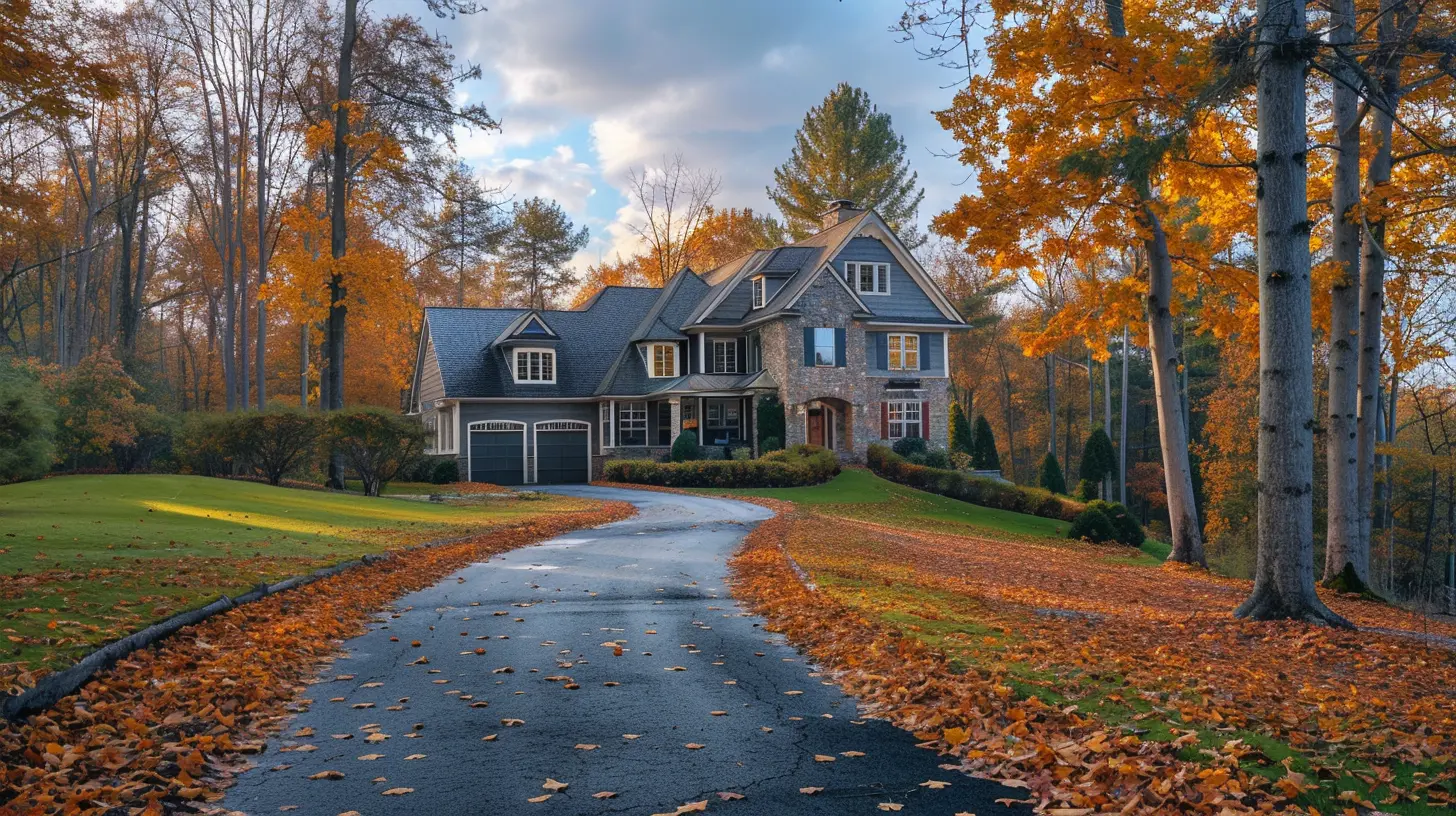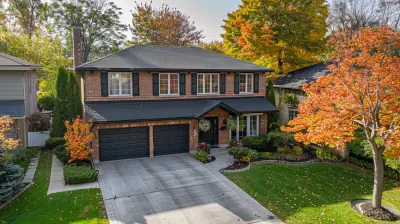Common Myths About Reverse Mortgages Debunked
6 August 2025
Reverse mortgages have been around for decades, yet they remain widely misunderstood. If you've ever considered tapping into your home’s equity through a reverse mortgage, chances are you've heard a mix of opinions—some true, some completely off the mark.
There’s no shortage of myths surrounding reverse mortgages, and sadly, these misconceptions often prevent homeowners from making informed financial decisions. In this article, we’re busting the most common myths associated with reverse mortgages so you can separate fact from fiction. 
Myth #1: The Bank Takes Ownership of Your Home
One of the biggest misconceptions about reverse mortgages is that the bank will “own” your home once you take out the loan. This couldn’t be further from the truth.The Reality:
With a reverse mortgage, you retain full ownership of your home, just like you would with a traditional mortgage. The only requirement is that you keep up with property taxes, homeowners insurance, and necessary home maintenance. As long as you meet these obligations, your home remains yours.Reverse mortgages simply allow homeowners to convert part of their home’s equity into usable cash while still living in the property. The lender doesn’t take over ownership—your name stays on the title. 
Myth #2: Reverse Mortgages are Only for Desperate Seniors
Some people believe that reverse mortgages are a last-resort option for financially struggling seniors. While they can certainly help those in need, they are far from just an emergency tool.The Reality:
Many financially savvy retirees use reverse mortgages strategically to enhance their retirement planning. Some use them to supplement their income, delay claiming Social Security benefits, or even fund a vacation home.Think about it this way: If you've worked hard to build up equity in your home, why should that wealth just sit there untouched? A reverse mortgage enables you to access that money without selling your home. 
Myth #3: You Could Owe More Than Your Home is Worth
Many people worry that if home values decline, they (or their heirs) could be stuck with a massive debt that exceeds the home's worth. That sounds scary, but reverse mortgages come with a built-in safeguard.The Reality:
Reverse mortgages are non-recourse loans, which means you (or your heirs) will never owe more than the home’s appraised value at the time of repayment.Even if housing prices drop dramatically, FHA-insured reverse mortgages (Home Equity Conversion Mortgages or HECMs) protect borrowers from being underwater. In short, your heirs won’t inherit any debt beyond the home’s value. 
Myth #4: Your Heirs Will Be Left With Nothing
Some homeowners fear that taking a reverse mortgage means their children won’t receive an inheritance. While a reverse mortgage does use up some of your equity, it doesn’t mean your heirs walk away empty-handed.The Reality:
Your heirs will still have options. When you pass away or leave the home permanently, your heirs can:- Sell the home and keep any remaining equity after repaying the loan.
- Refinance the loan into a traditional mortgage if they want to keep the property.
- Simply walk away if they don’t want to keep the home (since reverse mortgages are non-recourse, the lender cannot go after other assets).
This means your estate still has the potential to pass down wealth—just with a little less tied up in home equity.
Myth #5: You Have to Make Monthly Loan Payments
The beauty of reverse mortgages is that they work in the opposite way of traditional loans. Instead of making monthly payments, you actually receive payments.The Reality:
With a reverse mortgage, you’re not required to make any monthly mortgage payments as long as you live in the home. The loan is repaid only when you sell the home, move out, or pass away.That’s why so many retirees find reverse mortgages appealing—they provide extra financial flexibility without the burden of monthly payments.
Myth #6: If You Move Into Assisted Living, You Lose Your Home Immediately
Many seniors worry that if they have to move into long-term care, they’ll suddenly lose their home. While it’s true that reverse mortgages require borrowers to maintain their primary residence, there’s still some flexibility.The Reality:
If you move into a nursing home or assisted living facility for an extended period (typically over 12 months), the reverse mortgage will need to be repaid. However, this doesn’t happen overnight.Your heirs or estate administrators will have time to sell the home or refinance the loan. If your stay in assisted living is temporary, your home remains yours as long as you return within the specified timeframe.
Myth #7: Reverse Mortgages Are Too Expensive
Yes, there are costs associated with reverse mortgages, but are they really more expensive than other financial tools? Not necessarily.The Reality:
Reverse mortgages do have upfront fees (like origination fees, mortgage insurance, and closing costs), but these costs are often rolled into the loan—meaning you don’t pay them out-of-pocket.When compared to other financial solutions like downsizing, taking out a personal loan, or withdrawing from retirement accounts, reverse mortgages can actually be a cost-effective way to maintain financial security in retirement.
Myth #8: You Can Be Evicted From Your Home
It’s a terrifying thought—being forced out of your home because of a reverse mortgage. But is it actually possible?The Reality:
As long as you continue to meet the basic requirements, you cannot be evicted from your home. Those requirements include:- Living in the home as your primary residence.
- Keeping up with property taxes and homeowners insurance.
- Properly maintaining the home.
The only way you could be forced to leave is if you fail to meet these responsibilities—which are the same conditions that apply to homeowners with traditional mortgages.
Myth #9: You Can’t Get a Reverse Mortgage If You Already Have a Mortgage
Many people assume that if they still owe money on their home, they’re ineligible for a reverse mortgage. This is another myth.The Reality:
You can get a reverse mortgage even if you have an existing mortgage, but there’s a catch—you’ll need to use part of the reverse mortgage funds to pay off the remaining balance on your current loan first.This means you’ll eliminate your monthly mortgage payment and free up cash, which can be a game-changer for retirees who want to improve their financial flexibility.
Final Thoughts
Reverse mortgages are often misunderstood, but the reality is that they can be an incredibly useful tool for retirees looking to make the most of their home equity. Unfortunately, myths and misinformation keep many people from considering them.If you're a homeowner over 62 and looking for ways to supplement retirement income, reduce financial stress, or simply unlock the wealth tied up in your home, a reverse mortgage might be worth exploring. Just make sure to get all the facts first!
all images in this post were generated using AI tools
Category:
Reverse MortgagesAuthor:

Vincent Clayton
Discussion
rate this article
1 comments
Rusty Mason
This article effectively dispels common misconceptions about reverse mortgages, providing clarity on their benefits and risks. It's crucial for homeowners to understand their options, and this piece offers valuable insights for informed decision-making. Well done!
August 21, 2025 at 2:42 AM

Vincent Clayton
Thank you for your thoughtful feedback! I'm glad you found the article informative and helpful in clarifying reverse mortgage misconceptions.


